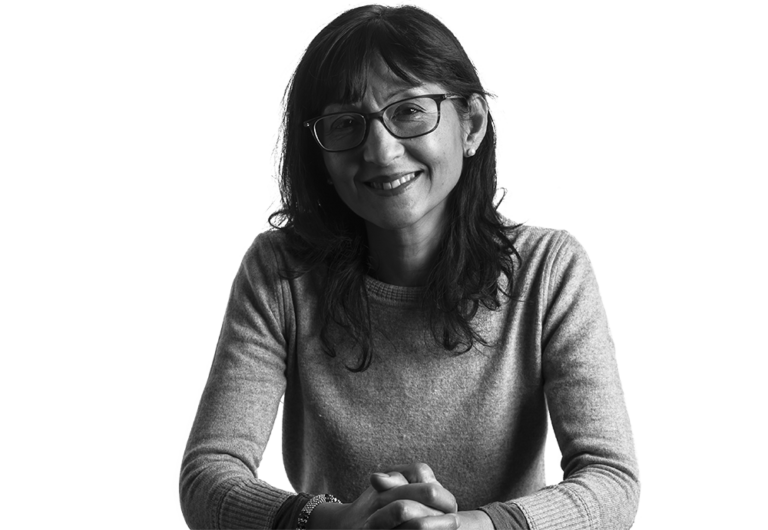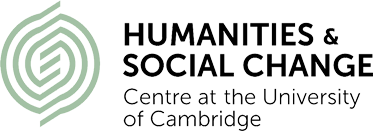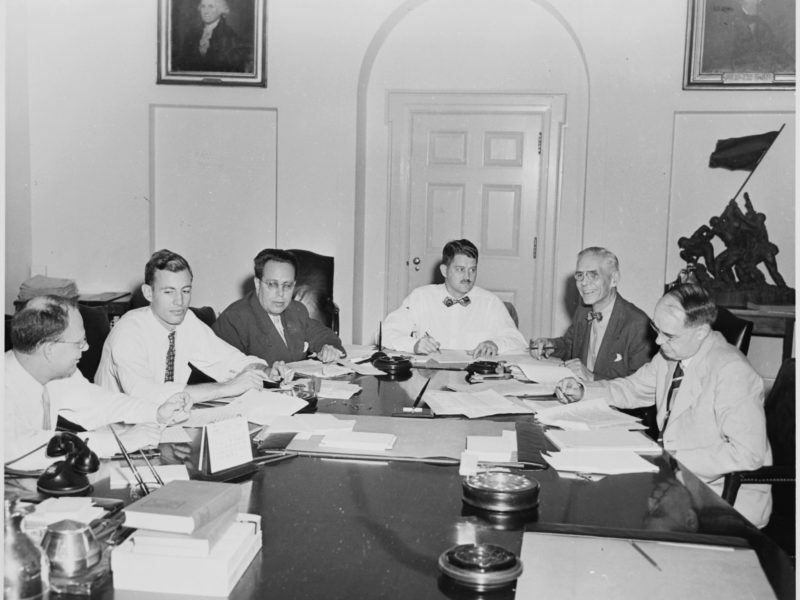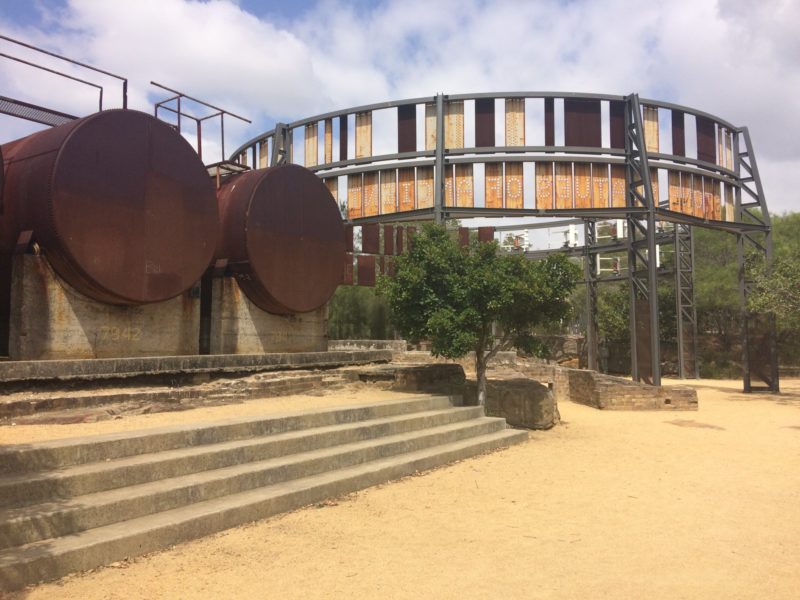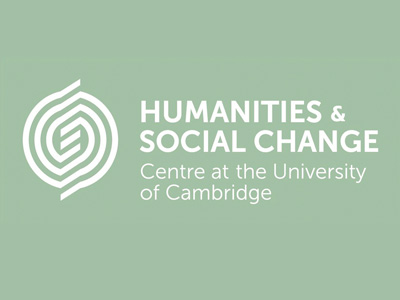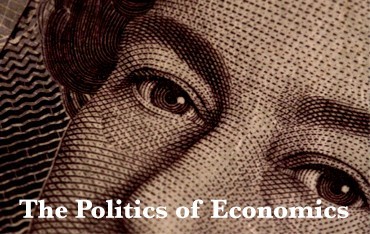Expertise Under Pressure
What is the role of experts in understanding social change?
Expert judgment today is both intensely sought out, across private and public spheres, and also intensely criticised and derided with well-publicised failures to predict various high profile social and natural phenomena. Does the problem lie with the very idea that objective expertise about complex processes is attainable? Or does it stem from the way that expert judgment is developed and communicated? Or, perhaps it reflects the diminished standing of experts and expert knowledge in democratic and pluralistic societies?
To explore these questions, we propose three case studies in which expert judgment is both consequential and controversial. They are the UK Government’s emergency response, the use of agglomeration theory in city planning, and deep philosophical controversies about the possibility and objectivity of social science.
These cases differ in scope and focus but they enable us to analyse four distinct features of legitimate expertise: sensitivity to temporal scale, translatability in space, ambivalence about precision, and moral responsibility.
The overarching goal of the project is to establish a broad framework for understanding what makes expertise authoritative, when experts overreach, and what realistic demands communities should place on experts.
Case studies
Team
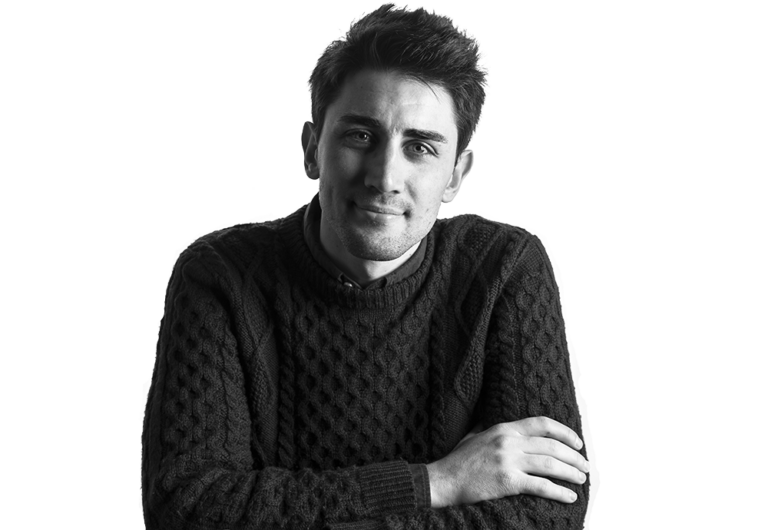
Federico Brandmayr
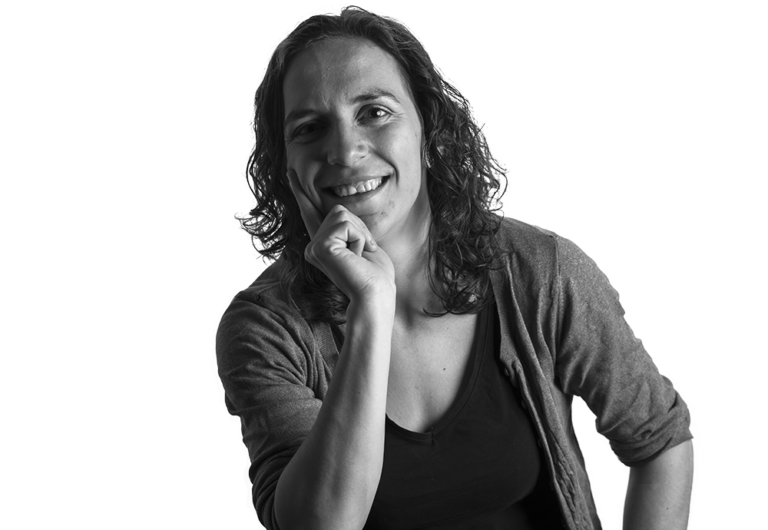
Hannah Baker
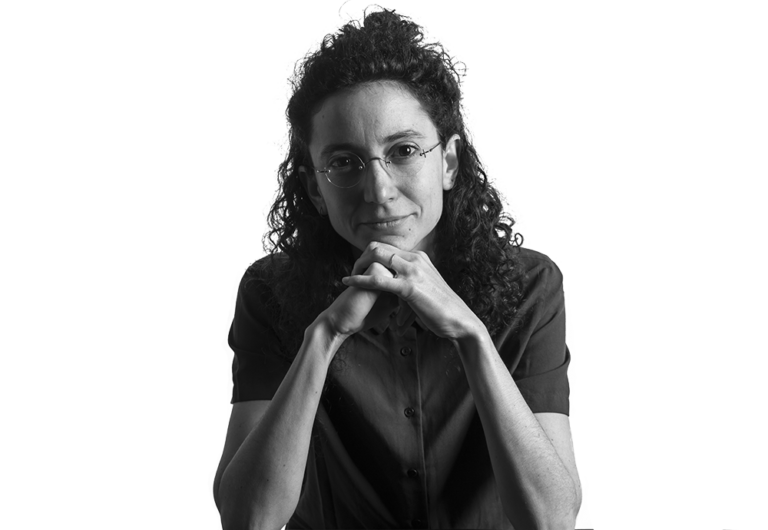
Cléo Chassonnery-Zaïgouche

Emily So
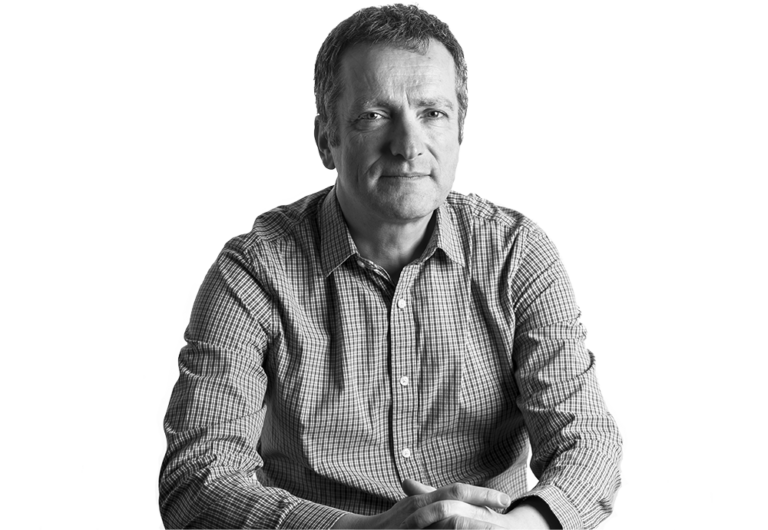
Mike Kenny
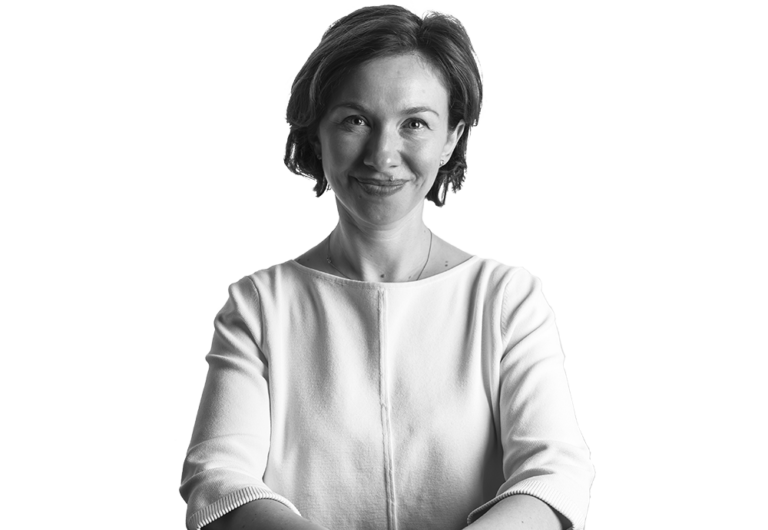
Anna Alexandrovna
